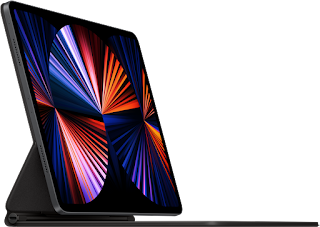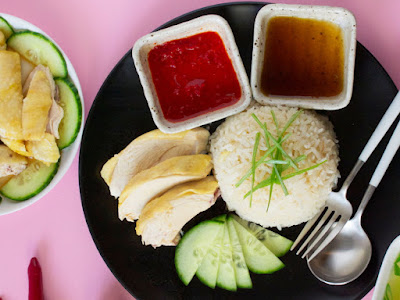 |
| Of all people, Joe's got the magic touch with petroleum? |
The endless number of foiled speculators attests to the difficulty of realizing the old adage about how to make money--buy low, sell high. Let's face it: ever-changing markets often result in us doing quite the opposite, and not making money in the process. Now, whenever we are asked to think about who are the least savvy market participants, we often identify governments--or more specifically, government officials. Not being keen market watchers with limited skin in the game--it's taxpayer money they are officially dealing with, not theirs--this sentiment is understandable.
Well lo and behold: Quartz is now touting President Joe Biden's timely release from the US Strategic Petroleum Reserve (SPR) as the "oil trade of the year." In retrospect, his release at the near-top of the oil market a few months ago helped ease oil prices. Now that oil prices have come down quite a bit, the SPR is now being refilled. Yes, Biden is buying low after selling high:
Instead, it appears the US government made the oil trade of the year: Releasing 180 million barrels of crude from the Strategic Petroleum Reserve between March and the end of this year in an effort to blunt the effect of rising prices, the US government appears to have made about $4 billion, as prices have fallen dramatically over the course of the year.
Selling when crude oil prices were high, the US captured billions in value. By one widely-used measure, the price of crude oil in Texas peaked at about $124 a barrel in March, and the average price during the SPR sales period was about $96; today that oil costs just $73 per barrel.
These are paper profits, to be sure: The US is still aiming to refill the reserve, and prices may rise as it does so. On Dec. 16, the Department of Energy put out a request to purchase 3 million new barrels of crude, after releasing about 200 million barrels in 2022. There are currently about 382 million barrels still in reserve.
His genial manner has caused Joe Biden to be underestimated throughout his life. Can he now be called a market player as well in his eighth decade? T. Boone Pickens, eat your heart out.



